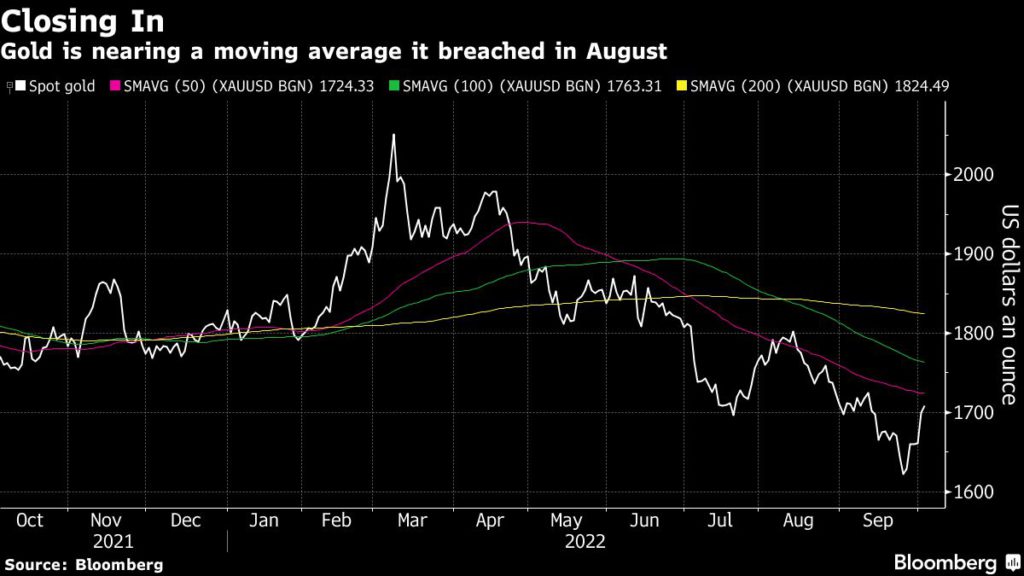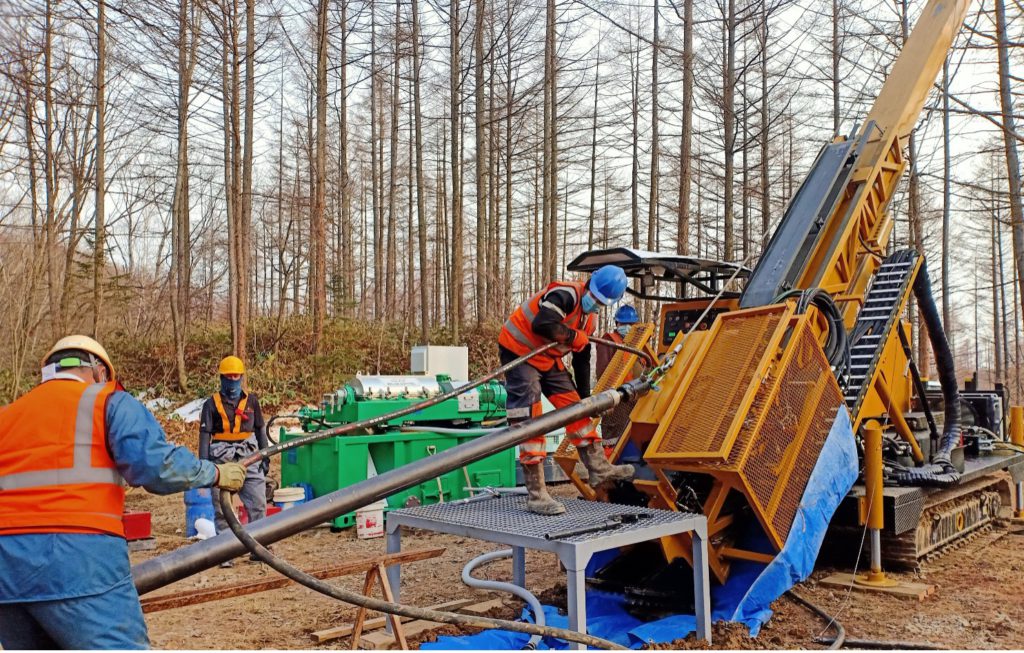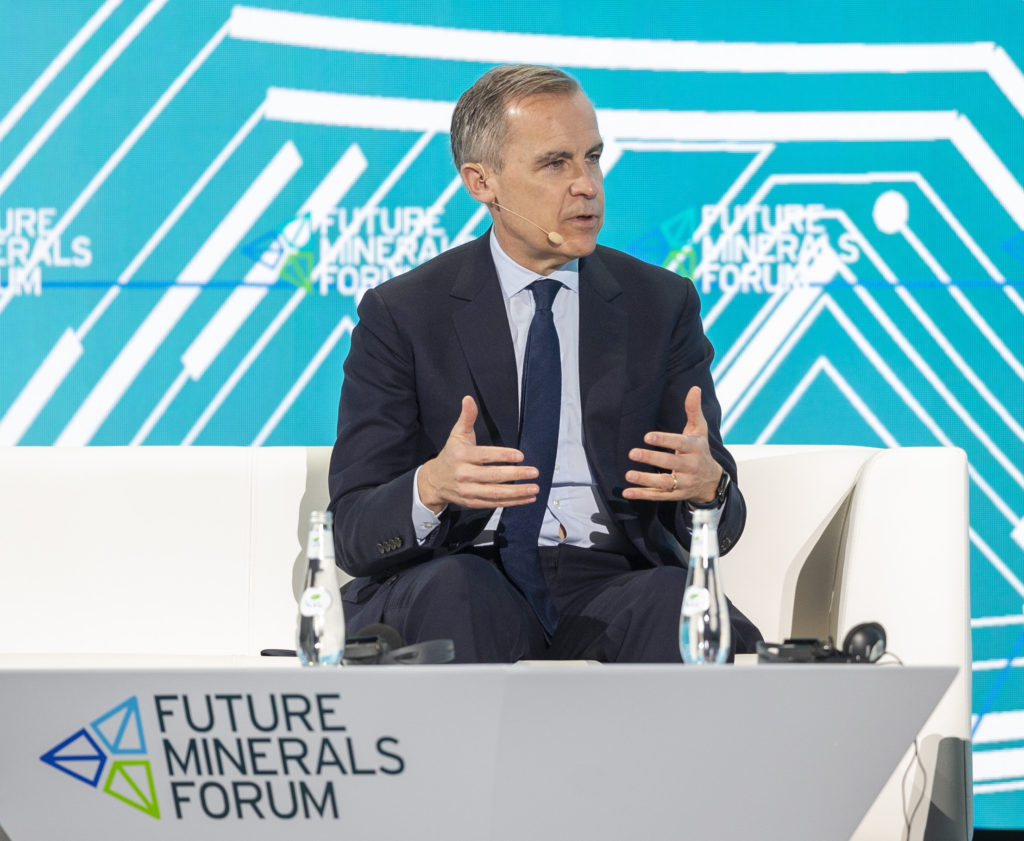Iron ore price down on growing fears of weak demand in China


The most-traded iron ore contract for September delivery, on China’s Dalian Commodity Exchange ended daytime trade 3.3% lower at 741 yuan ($110.37) a tonne, after earlier touching 722 yuan, its lowest since July 6.
Local governments in China, which are maintaining a dynamic zero-covid policy, are adopting fresh curbs — from business halts to lockdowns to rein in new infections, with the commercial hub of Shanghai bracing for more mass testing.
“Relentlessly negative covid headlines out of Gansu, Guangdong, Henan, Macau, Shanghai and Zhejiang over the weekend will pour ice-cold water over sentiment from Monday onwards,” said Atilla Widnell, managing director at Navigate Commodities in Singapore.
Increased iron ore shipments to China from top suppliers Australia and Brazil are also adding to the negative mood, he said.
Demand for iron ore, meanwhile, is expected to remain weak as Chinese steel mills scale back output while nursing losses from high inventories and sluggish steel orders.
China is also set to revive an infrastructure investment fund worth 500 billion yuan in the third quarter, two people with knowledge of the matter told Reuters last week.
The reports of more stimulus spending have been accompanied by top-level words, with Premier Li Keqiang quoted in state media last week as saying the economic recovery was not solid and more efforts were needed.
“Chinese steel and iron ore market are affected by an overshooting of central government measures. The covid restrictions are the most visible but the crackdown on property market speculation and the restriction on carbon emissions are the ones that are really affecting steel production and iron ore demand,” said Jose Carlos Martins, Vale’s former Executive Director of Ferrous and Strategy and analyst at Neelix.
“Covid restrictions affect final consumer and services the most. The other two are the most damaging to the core of the Chinese economy and the main contributors to GDP growth. Will China reach its growth target without liberalizing it?”
Chinese property giant Evergrande Group suffered its first rejection from local creditors to extend a bond payment on Monday.
Holders of a puttable yuan-denominated bond from the firm’s main onshore unit Hengda Real Estate Group Co. rejected a plan to further extend payment past a July 8 deadline by six months, according to a Shenzhen stock exchange filing Monday. The company held a meeting last week to seek creditor approval, but more than 90% of the voting holders rejected the proposed extension.
Hengda said in a reply to a Bloomberg News query that it’s still actively seeking to talk with holders of the yuan bond. The creditors’ rejection of a proposed extension to the bond payment period won’t affect Hengda’s operations and risk disposal, the company said. The firm added that its operations have been improving recently, and said it will step up efforts in homebuilding and delivery to support the bond repayment.
A credit crunch at the Chinese property giant roiled markets last year as authorities embarked on a sweeping clampdown of the nation’s debt-saddled real estate sector.
If Evergrande fails to repay the local bond, it could mark the developer’s first official delinquency on a domestic note, after it defaulted on dollar-bond payments in December.
(With files from Reuters and Bloomberg)
This post has been syndicated from a third-party source. View the original article here.




